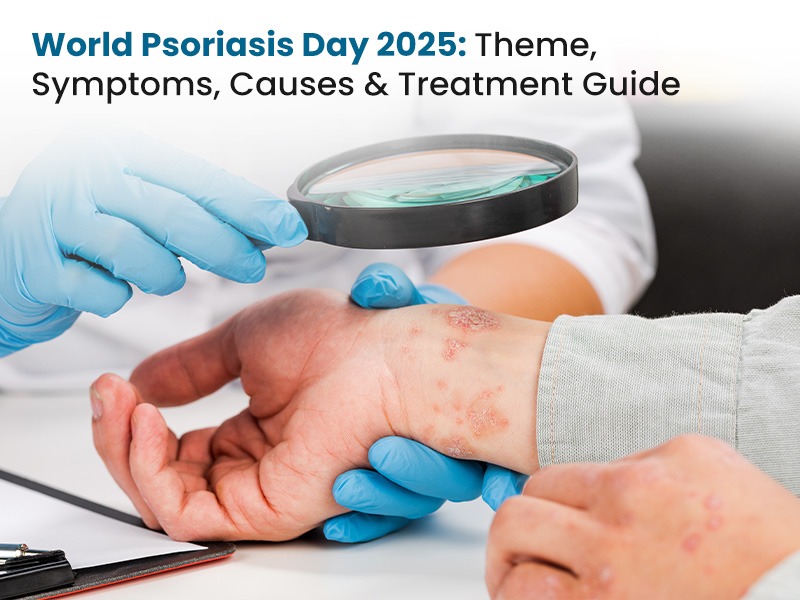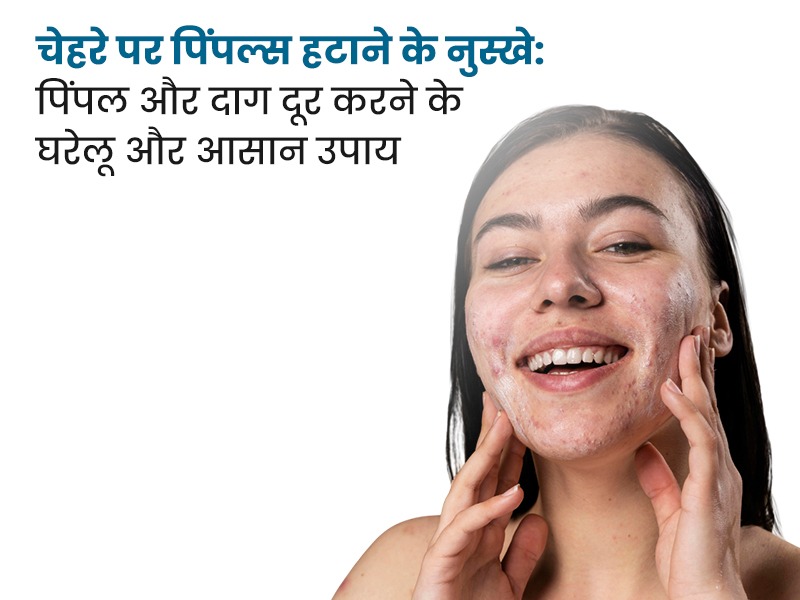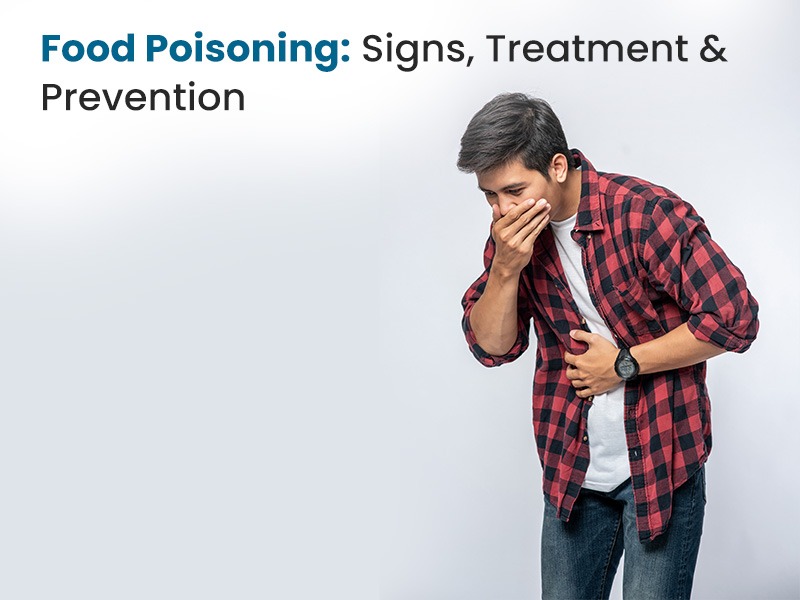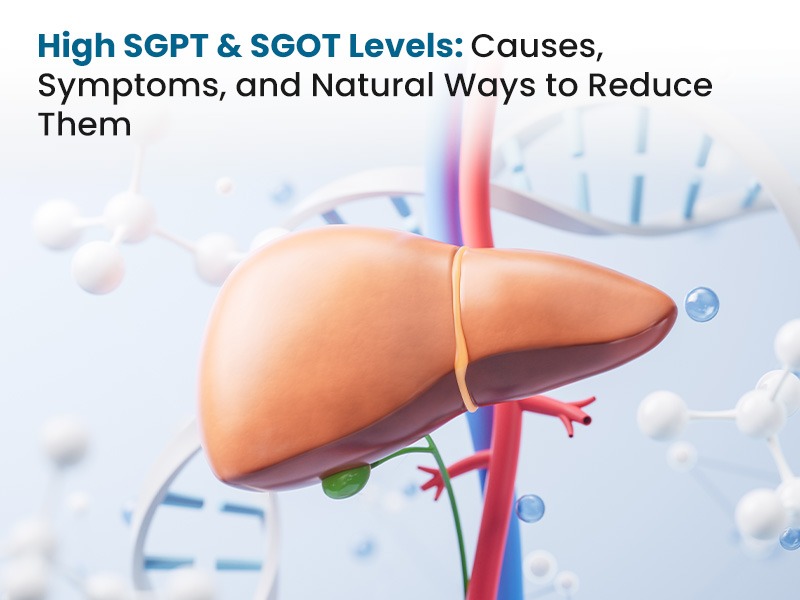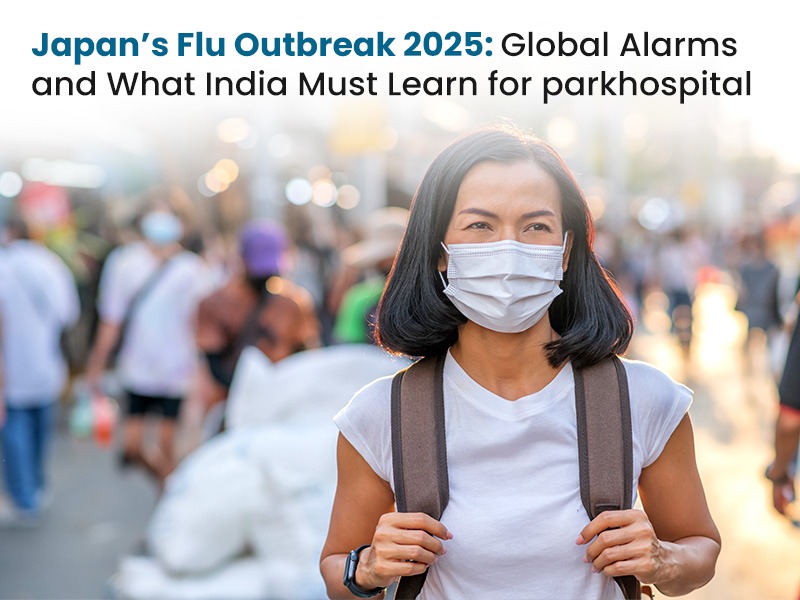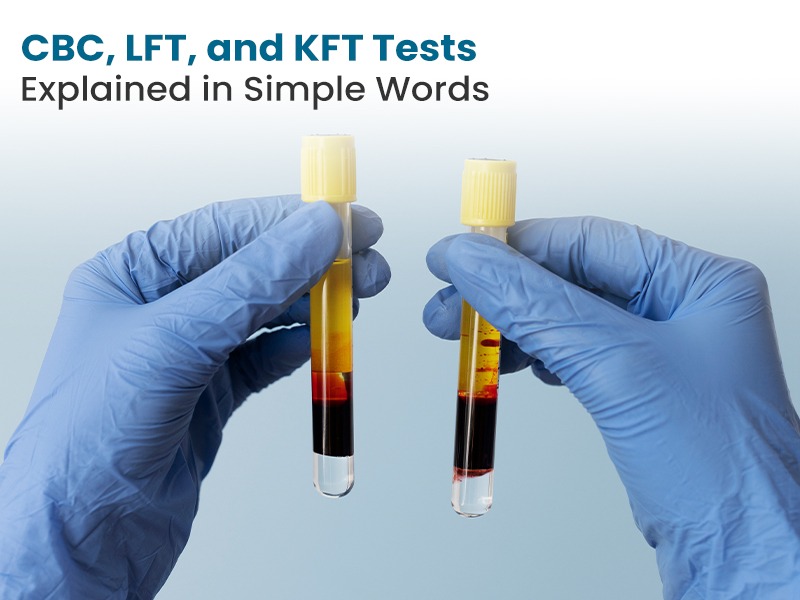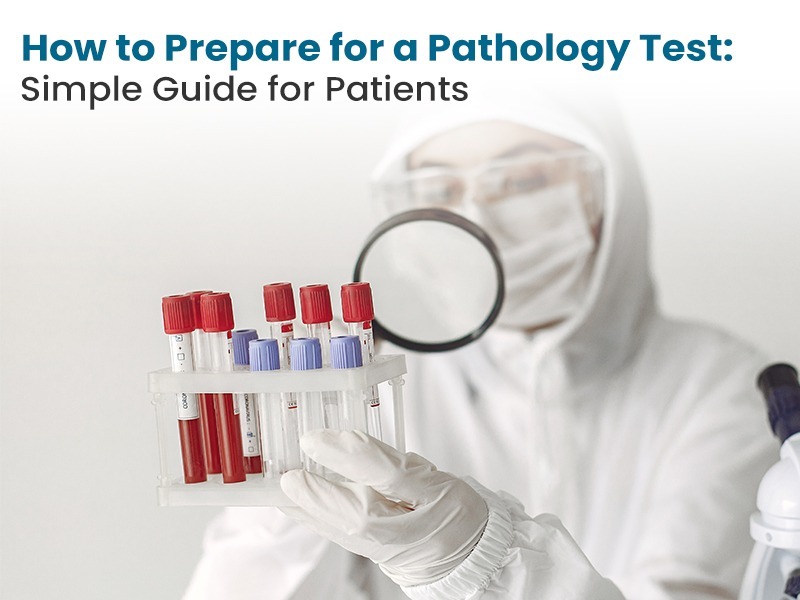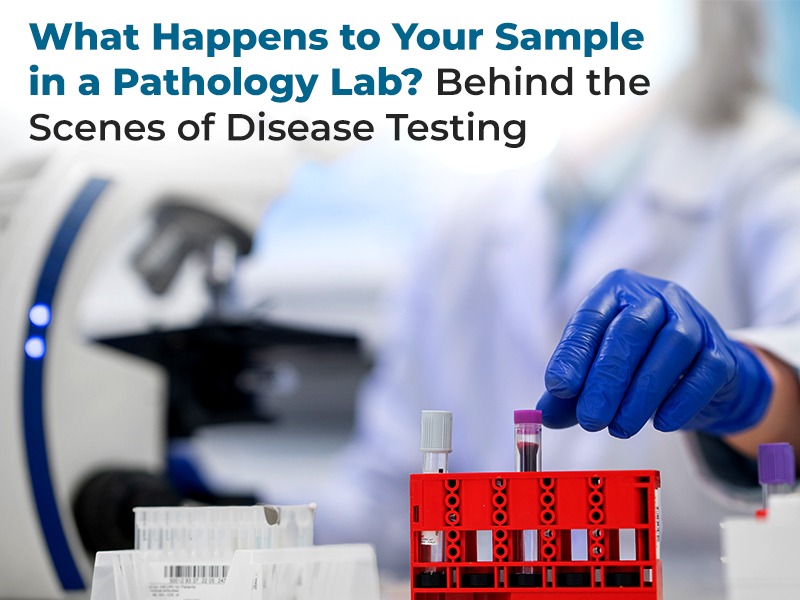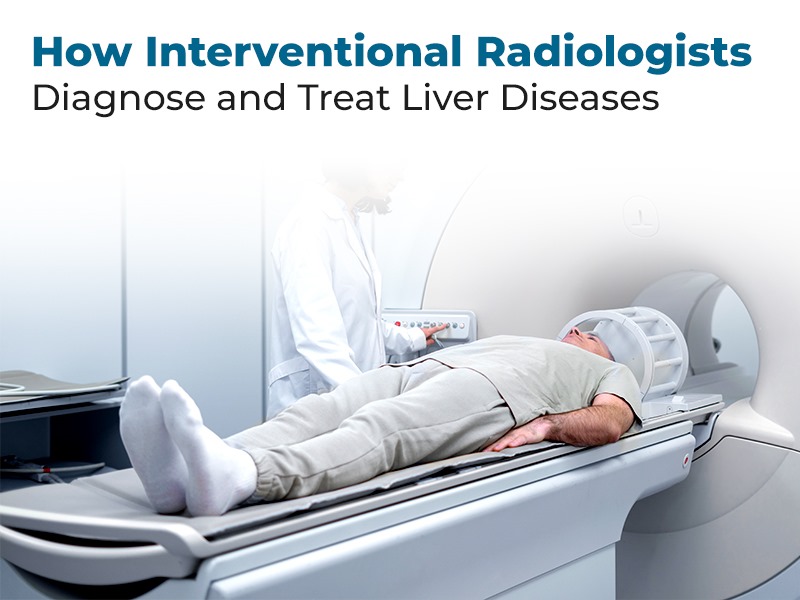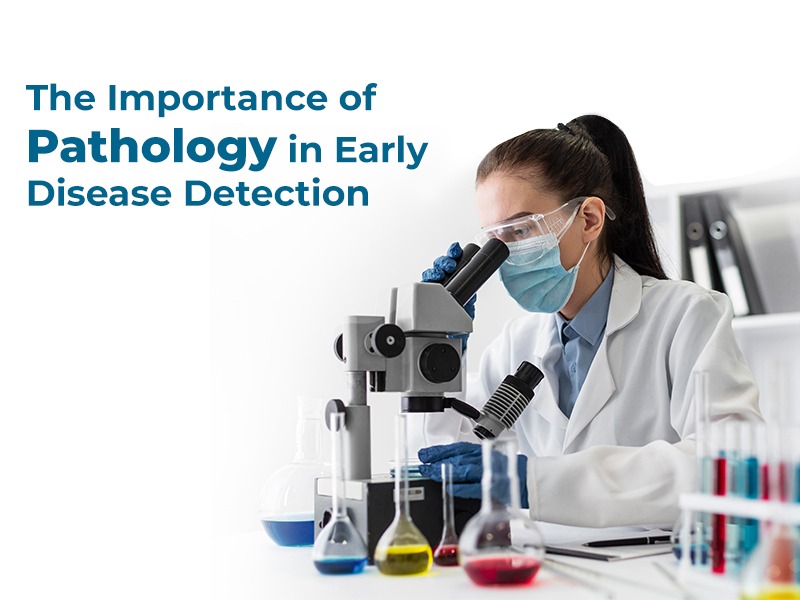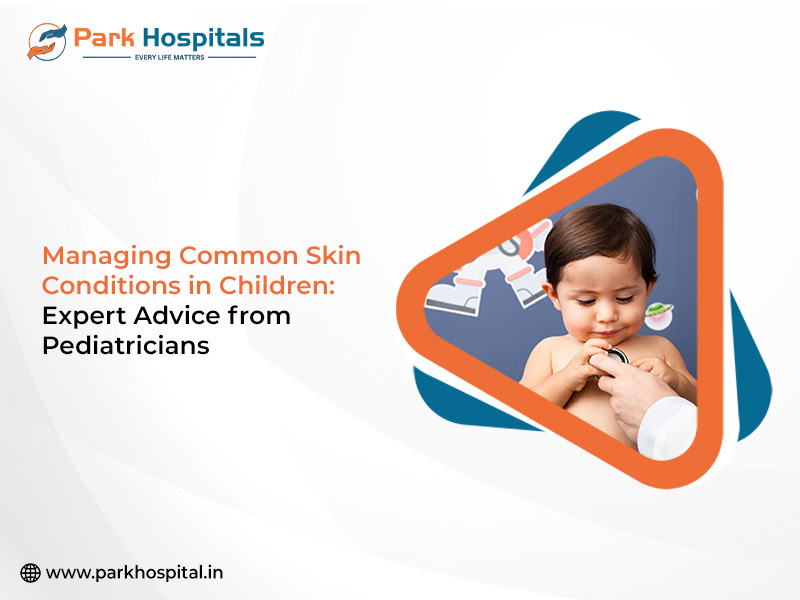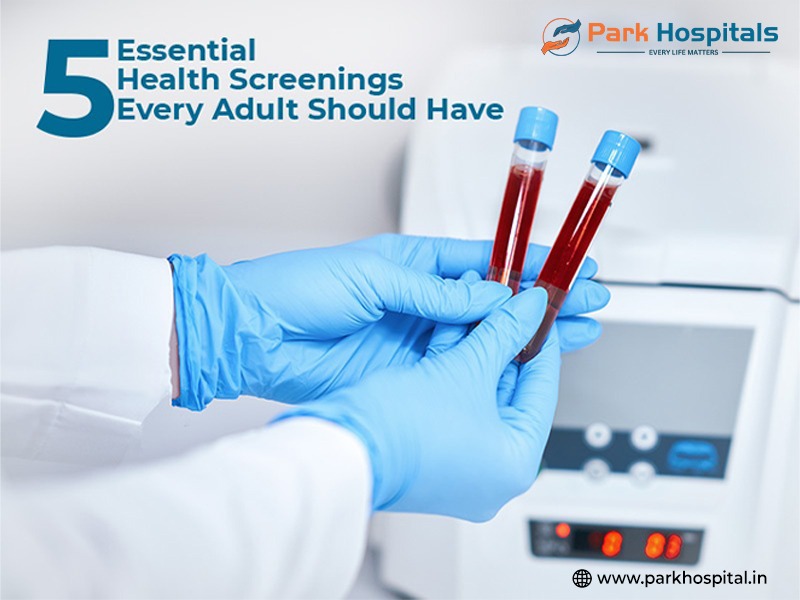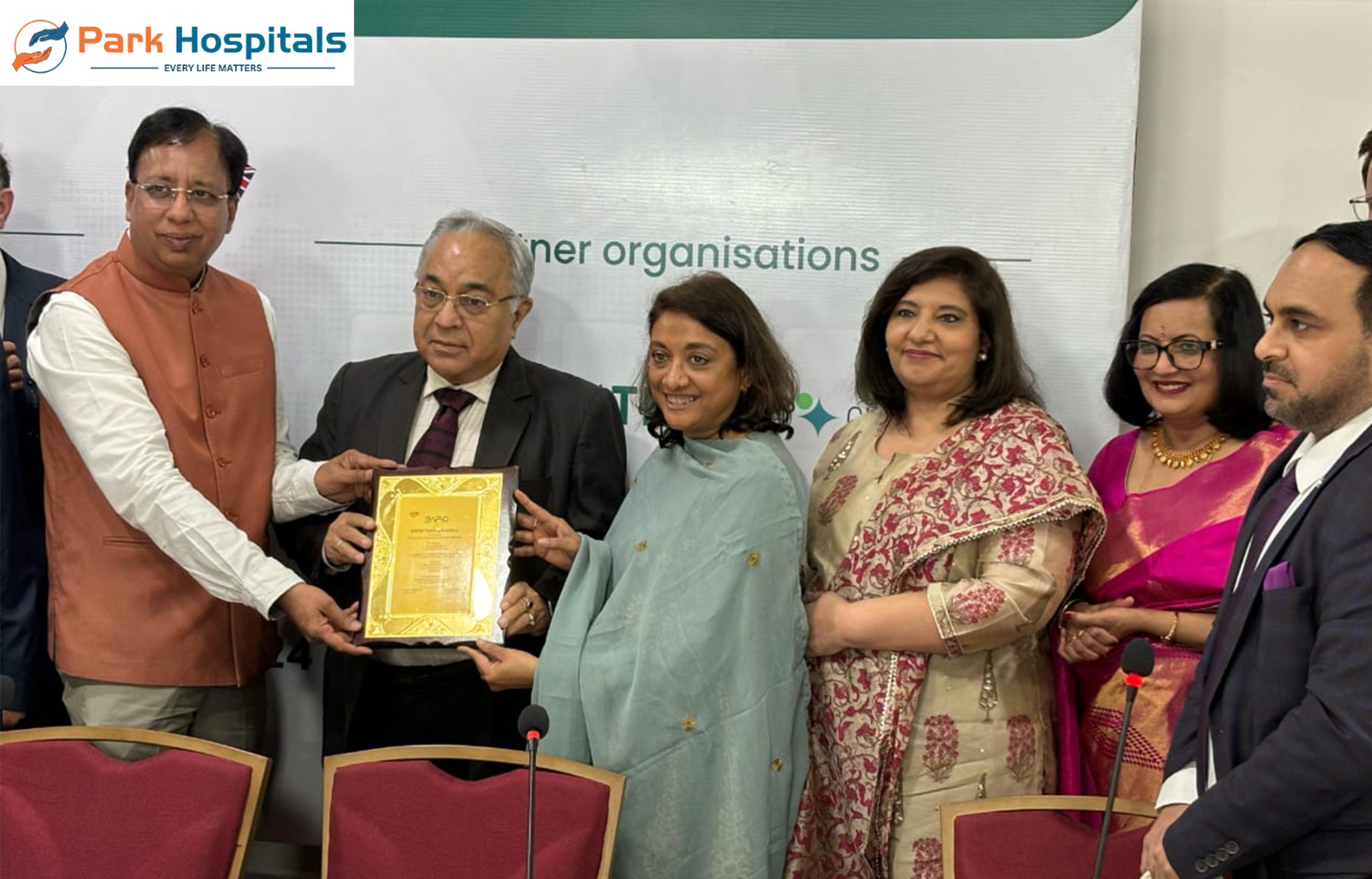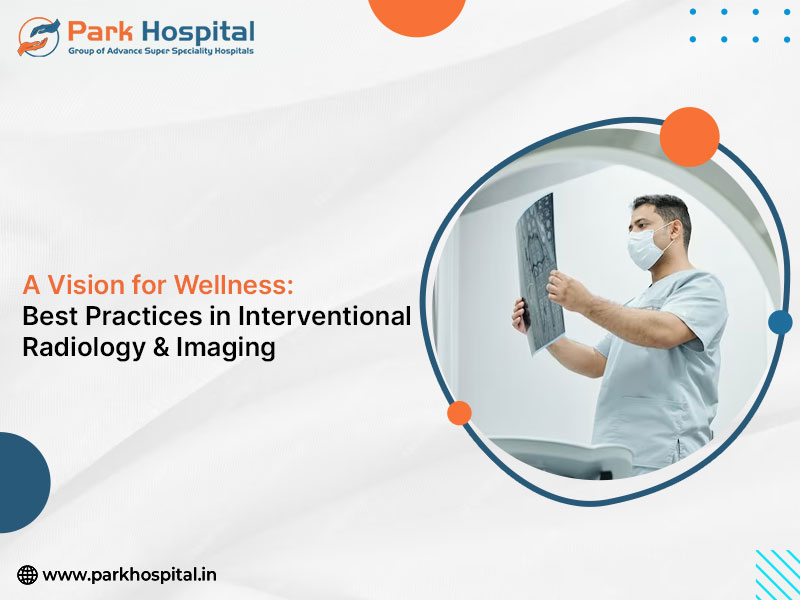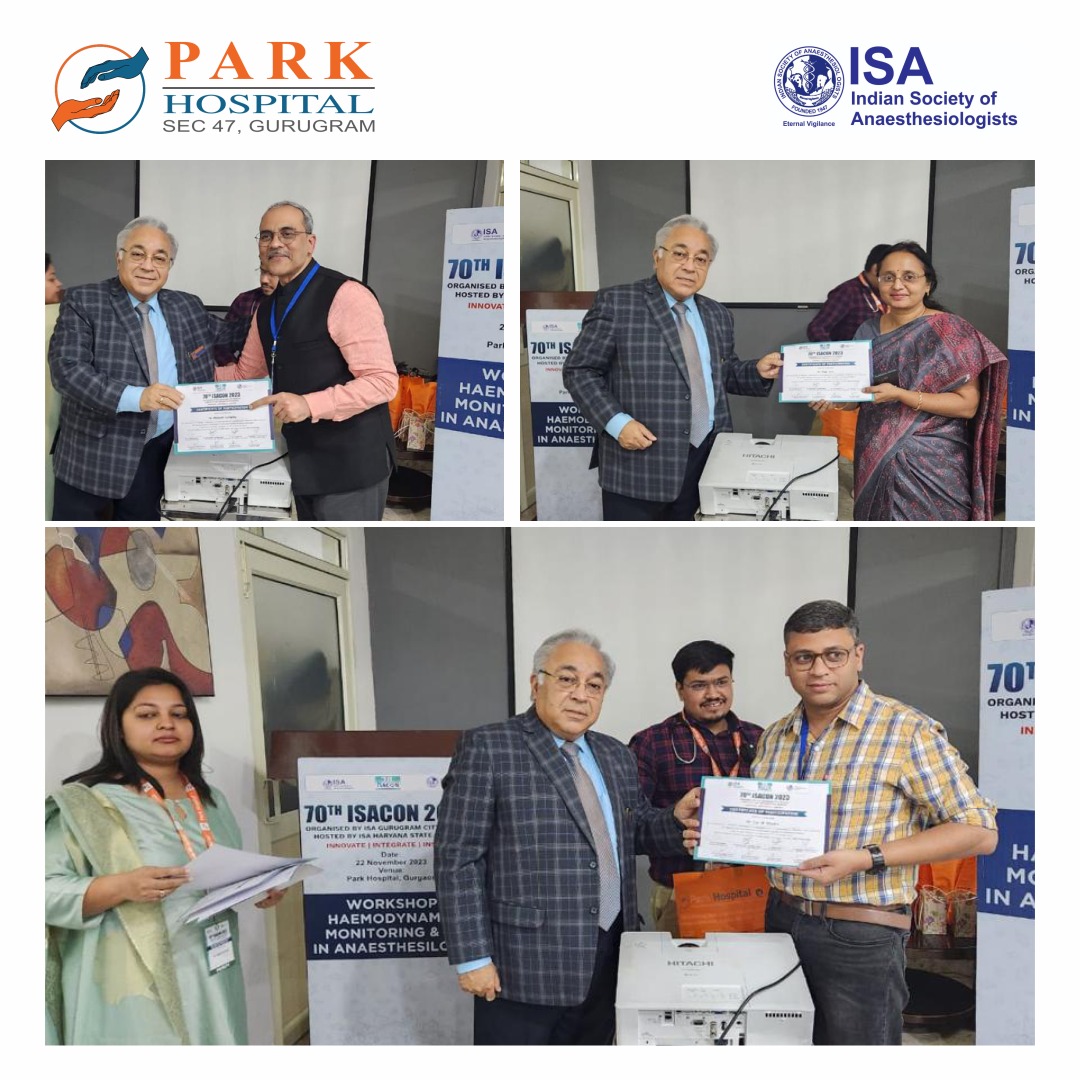World Psoriasis Day 2025 serves as a global reminder that psoriasis is more than a skin condition. It is a chronic autoimmune disorder that can deeply affect physical health, emotional well-being, and overall quality of life. Observed every year on October 29, the day raises awareness about psoriasis and psoriatic arthritis, inspiring better understanding, empathy, and care for those living with the condition.
At Park Group of Hospitals, we stand with the global community in spreading awareness and offering expert dermatological care to manage psoriasis effectively. With advanced facilities across Delhi-NCR, Punjab, Haryana and Rajasthan, we provide comprehensive care focused on patient comfort and long-term management. For urgent medical needs, our 24x7 emergency service helpline +91 99166 99166 is always available.
Theme of World Psoriasis Day 2025
The theme for World Psoriasis Day 2025 is “Psoriatic Disease and Comorbidities: Understanding the Domino Effect.” This theme highlights how psoriasis is not just a skin disorder but a systemic inflammatory disease that can trigger several other health problems, also known as comorbidities.
The campaign aims to raise awareness about the chain reaction that begins with psoriatic disease and affects overall health. These include conditions such as heart disease, diabetes, depression, and psoriatic arthritis, which together create a domino effect on a person’s physical and mental well-being. The focus this year is to promote integrated, holistic care that goes beyond skin symptoms and addresses the full spectrum of health challenges associated with psoriasis.
The theme also emphasizes early diagnosis, regular screening, and timely treatment to prevent complications and improve life quality. By understanding these connections, we can help #StopTheDominoEffect and support patients more effectively.
What is Psoriasis?
Psoriasis is a chronic autoimmune condition where the immune system becomes overactive and accelerates skin cell production. Normally, skin cells take about a month to regenerate, but in psoriasis, this process occurs within a few days. This leads to the buildup of thick, red, scaly patches on the skin, commonly seen on the elbows, knees, scalp, and back.
Psoriasis is non-contagious, meaning it can not spread through touch or contact. However, it can vary in severity, from small patches to widespread inflammation. The visibility of the condition often leads to emotional distress and social stigma, making awareness and education crucial.
Types of Psoriasis
Psoriasis appears in several forms, each with distinct symptoms:
1. Plaque Psoriasis – The most common type, causing dry, raised, red skin lesions covered with silvery scales.
2. Guttate Psoriasis – Small, drop-shaped sores on the skin, often triggered by infections like strep throat.
3. Inverse Psoriasis – Smooth, shiny patches that appear in skin folds, such as under the breasts or around the groin.
4. Pustular Psoriasis – Characterized by white pustules or blisters filled with pus, surrounded by inflamed skin.
5. Erythrodermic Psoriasis – The most severe form, causing widespread redness, itching, and scaling that can be life-threatening if untreated.
Each type requires a unique management plan, which may include medications, lifestyle modifications, and supportive care.
Causes and Risk Factors of Psoriasis
The exact cause of psoriasis is still not completely understood. However, it is primarily linked to an overactive immune system and genetic predisposition. Environmental factors and lifestyle triggers can also play a major role in its onset and flare-ups.
Common causes and risk factors include:
● Family history of psoriasis
● Autoimmune reactions that cause skin inflammation
● Infections such as strep throat or HIV
● Stress, smoking, and alcohol consumption
● Cold and dry weather conditions
● Obesity and poor lifestyle habits
While these factors may not directly cause psoriasis, they can worsen existing symptoms or trigger flare-ups.
Symptoms of Psoriasis
Psoriasis symptoms can vary depending on the type and severity of the condition. The most common signs include:
● Raised, inflamed red patches of skin
● Silvery-white scales or plaques on affected areas
● Itching, burning, or soreness around lesions
● Cracked, dry skin that may bleed
● Thickened, pitted, or ridged nails
● Joint pain and stiffness (signs of psoriatic arthritis)
Early diagnosis is essential to prevent complications such as psoriatic arthritis and cardiovascular problems. If you notice persistent rashes or scaling, it is advisable to consult a dermatologist for evaluation.
Psoriatic Arthritis and Comorbidities
One of the most significant complications of psoriasis is psoriatic arthritis, a condition where chronic inflammation affects the joints. This can cause pain, swelling, stiffness, and difficulty in movement.
In addition to joint issues, people with psoriasis are at an increased risk of other comorbidities, including:
● Heart disease due to systemic inflammation
● Type 2 diabetes linked to metabolic imbalances
● Depression and anxiety resulting from social stigma and emotional distress
This is why the 2025 theme emphasizes the need to recognize psoriasis as a systemic disease and not just a cosmetic concern.
Treatment and Management of Psoriasis
Although psoriasis has no permanent cure, modern medicine offers several effective ways to manage symptoms and prevent flare-ups. Treatment options depend on the severity and type of psoriasis.
Common treatment methods include:
● Topical Medications: Corticosteroids, vitamin D analogues, and retinoids help reduce inflammation and scaling.
● Phototherapy: Exposure to natural or artificial ultraviolet light under medical supervision can help slow down skin cell growth.
● Systemic Medications: Oral or injected drugs are prescribed by the doctors for severe cases.
● Biologic Therapies: Targeted treatments that block specific immune pathways responsible for inflammation.
● Lifestyle Management: Maintaining a healthy diet, regular exercise, stress reduction, and avoiding triggers like alcohol and smoking.
At Park Group of Hospitals, our dermatology experts design personalized treatment plans that combine medical therapies with lifestyle counseling. Our goal is to ensure comprehensive, compassionate, and lasting relief for each patient.
How to Support World Psoriasis Day 2025
Everyone can play a role in spreading awareness. Here are simple ways to contribute:
● Learn and share verified information about psoriasis
● Join local awareness campaigns or online discussions
● Support people living with psoriasis with empathy and understanding
● Encourage early diagnosis and timely treatment
● Promote the message of the 2025 theme to help stop the domino effect
Conclusion
World Psoriasis Day 2025 reminds us that psoriasis is not just about the skin but about the whole person. It impacts physical health, emotional stability, and social life. With this year’s theme, “Psoriatic Disease and Comorbidities: Understanding the Domino Effect,” the focus is on integrated care, empathy, and support.
At Park Group of Hospitals, we remain committed to providing advanced dermatology care and awareness for better health outcomes. By educating, supporting, and standing together, we can help those with psoriasis lead healthier and more confident lives.
For expert consultation or emergency care, reach us at +91 99166 99166 or visit your nearest Park Hospital location.

